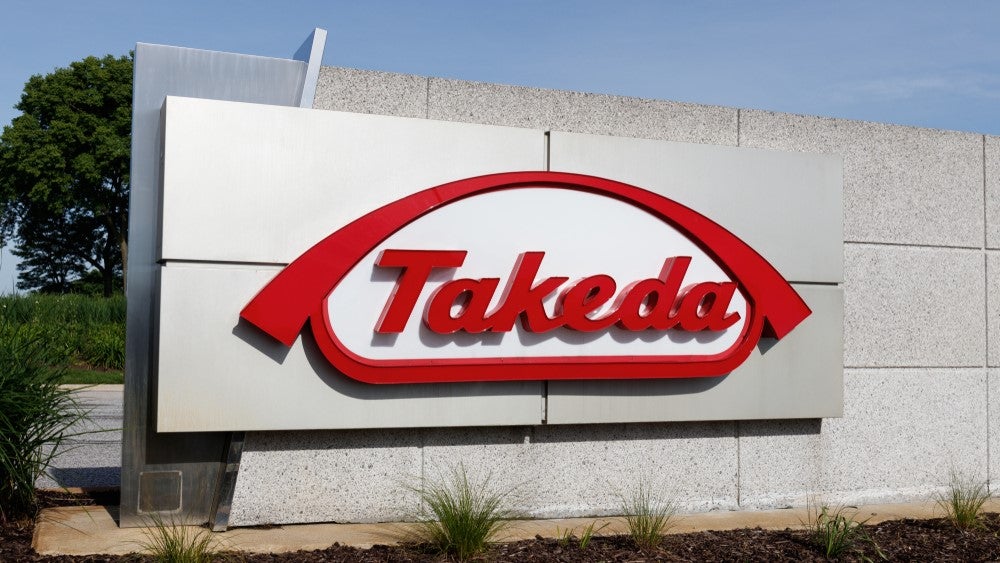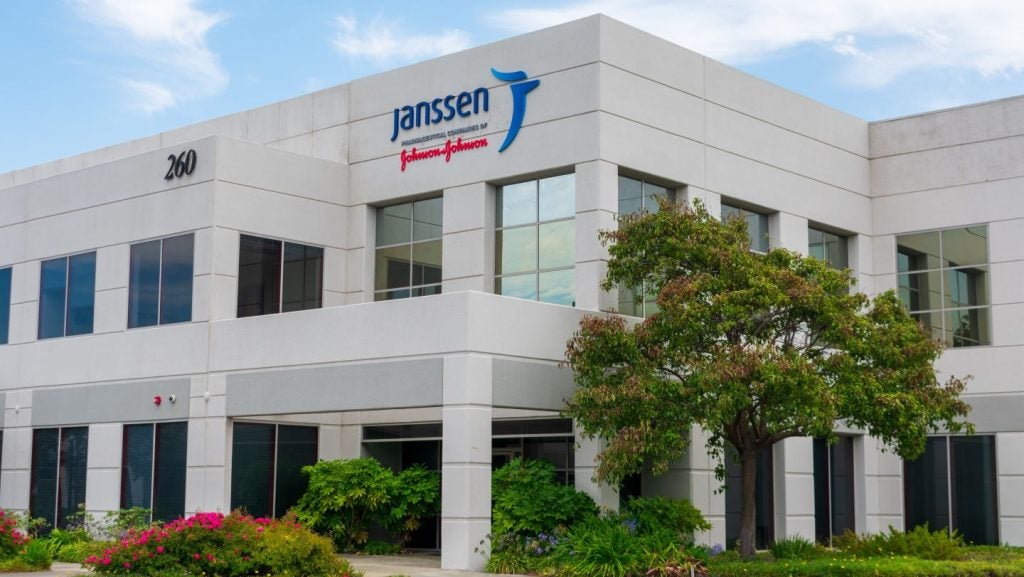Oxurion has started to file for bankruptcy after the Phase IIb trial investigating its diabetic macular oedema (DMO) drug, THR-149, failed to meet its primary endpoint.
The Belgium-based company cited low cash reserves as the precipitating factor for filing for bankruptcy, as per the 20 November press release.
THR-149 is a plasma kallikrein (PKal)-inhibitor for the treatment of DMO. DMO is a common complication of diabetes, which occurs due to the accumulation of excess fluid within the retina ultimately leading to blindness.
THR-149 Phase II data
THR-149 was evaluated in a randomised, multicentre, active-comparator Phase II trial (NCT04527107) against Bayer and Regeneron’s Eylea (aflibercept), which is the current standard of care.
The drug failed to meet its primary endpoint of improving the vision as much as the comparator at three months. The mean change for best corrected visual acuity (BCVA) from baseline at three months was -0.2 letters in the THR-149 treatment arm, compared to the +3.5 letters for the Eylea treatment arm.
THR-149 was the only drug in Oxurion’s pipeline. The company paused the clinical development of its second DMO candidate THR-687 in May 2022 after the drug failed to meet its endpoints in the Phase IIa trial.
In March, Oxurion signed a subscription funding agreement for convertible bonds with Atlas for up to €20.8m ($22.7m), with the funds invested over 24 months. The money was used to fund the Phase II trial. As of 16 November, Atlas had invested €11.5m of the total €20.8m.
DMO landscape
The DMO market is expected to grow to $11.1bn by 2031, driven by the increased prevalence of the disease, according to GlobalData.
GlobalData is the parent company of the Pharmaceutical Technology.
Longer-acting anti-vascular endothelial growth factor (VEGF) therapies such as Roche’s Susvimo (ranibizumab), Kodiak Science’s KSI-301 (tarcocimab), and Bayer/Regeneron’s high-dose Eylea are expected to drive DMO market growth.
In July, Kodiak Sciences discontinued tarcocimab after the vascular endothelial growth factor (VEGF) inhibitor failed to meet the primary endpoint in two Phase III trials. However, the company resurrected the drug after announcing positive data from a Phase III diabetic retinopathy trial in November.
Other drugs currently in development for treating DMO include Allgenesis Biotherapeutics’ AG-73305. In November, the drug demonstrated a BCVA improvement of +6.4 letters in the Phase IIa clinical trial.
In February, Ocugen filed an investigational new drug (IND) application with the US Food and Drug Administration (FDA) to initiate a Phase I trial for its fusion protein OCU200.















